Ireland
Geography
Ireland, known as Éire in Irish, is an island in the North Atlantic, separated from Great Britain to the east by the North Channel, the Irish Sea, and St George's Channel. It is the second-largest island of the British Isles, the third-largest in Europe, and the twentieth-largest on Earth.
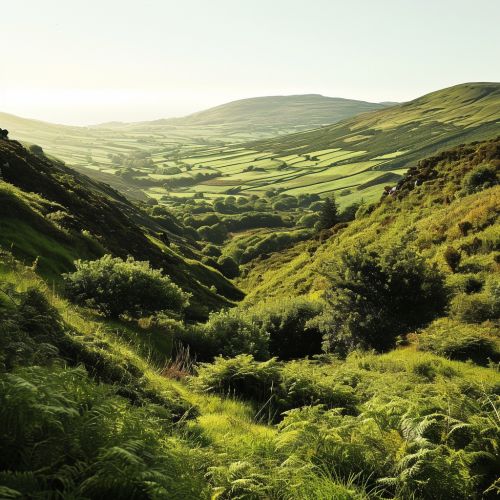
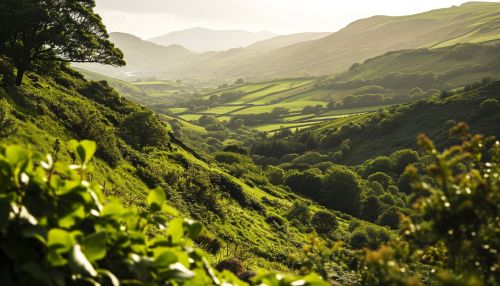
Politically, Ireland is divided between the Republic of Ireland, which covers five-sixths of the island, and Northern Ireland, a part of the United Kingdom, which covers the remaining area and is located in the northeast of the island. The population of Ireland is about 6.6 million. It is the third most populous island in Europe and the twentieth most populous on Earth.
Climate
Ireland's climate is influenced by the Atlantic Ocean and thus very moderate. It is classified as a temperate oceanic climate, or Cfb on the Köppen climate classification system, a classification it shares with most of northwest Europe. The country receives generally warm summers and mild winters. It is considerably warmer than other areas on its latitude, because it lies in the northeastern Atlantic Ocean, and as a result is warmed by the North Atlantic Current all year.
History
The history of Ireland is complex and varied with its roots reaching back to prehistoric times. The first known settlement in Ireland began around 8000 BC when hunter-gatherers arrived from continental Europe, likely via a land bridge. Around 4000 BC, the Neolithic arrived with new technologies such as farming and pottery, and the Bronze Age began around 2500 BC with the introduction of metalworking.
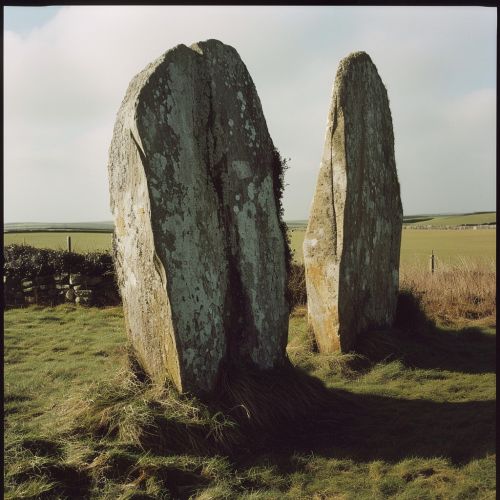
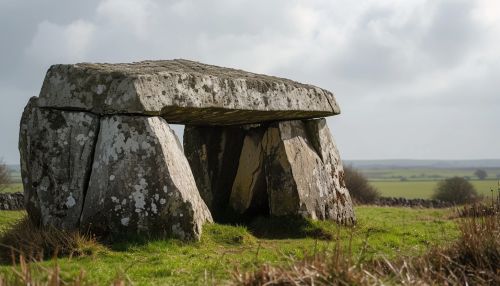
Ireland's early history is dominated by the arrival of the Celts and the subsequent Christianisation by Saint Patrick in the 5th century. The subsequent centuries were dominated by a series of invasions and wars, notably the Norman invasion in the 12th century, and the English conquest in the 16th century.
The 17th and 18th centuries were a period of political and religious strife, as the native Irish Catholic majority were ruled by a Protestant minority, leading to recurrent conflict. The 19th century saw the Great Famine, a period of mass starvation, disease and emigration between 1845 and 1852.
The 20th century was marked by the struggle for Irish independence from Britain, culminating in the establishment of the Republic of Ireland in the south, and the partition with Northern Ireland remaining part of the United Kingdom.
Culture
Ireland's culture is a unique mix of native Gaelic culture and foreign influences such as British and American culture. The culture has evolved over thousands of years, from its roots in the Celtic culture, through centuries of invasion and colonization by Vikings, Normans, and English.
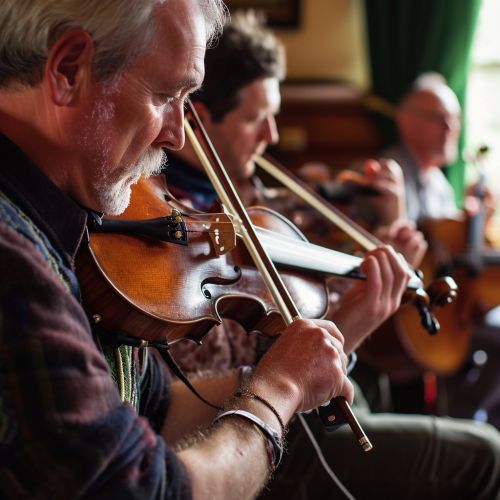
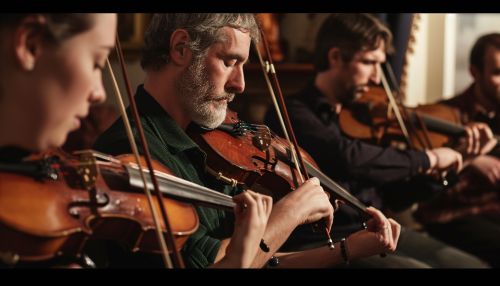
Irish culture is known for its love of music and dance, with traditional Irish music and the Irish stepdance being perhaps the most internationally recognized aspects of the culture. Ireland is also famous for its literature, having produced four Nobel laureates in Literature.
The Irish language, although a minority language, plays a significant role in the country's cultural identity. It is one of the oldest written languages in the world, and its rich oral and written tradition forms an integral part of the Irish cultural heritage.
Economy
Ireland's economy is one of the most dynamic and open in the world. It is classified as a high-income economy by the World Bank, and as an advanced economy by the International Monetary Fund (IMF) and the United Nations. The country was one of the wealthiest in the world in terms of GDP per capita in 2019.
The economy is largely based on services, with industry and agriculture also playing significant roles. Major industries include pharmaceuticals, chemicals, computer hardware and software, food products, beverages and brewing, and medical devices.
Ireland is known for its favourable corporate tax regime, which has attracted a large number of multinational corporations. The country is a major hub for the tech industry, with many of the world's largest tech companies having their European headquarters in Ireland.
